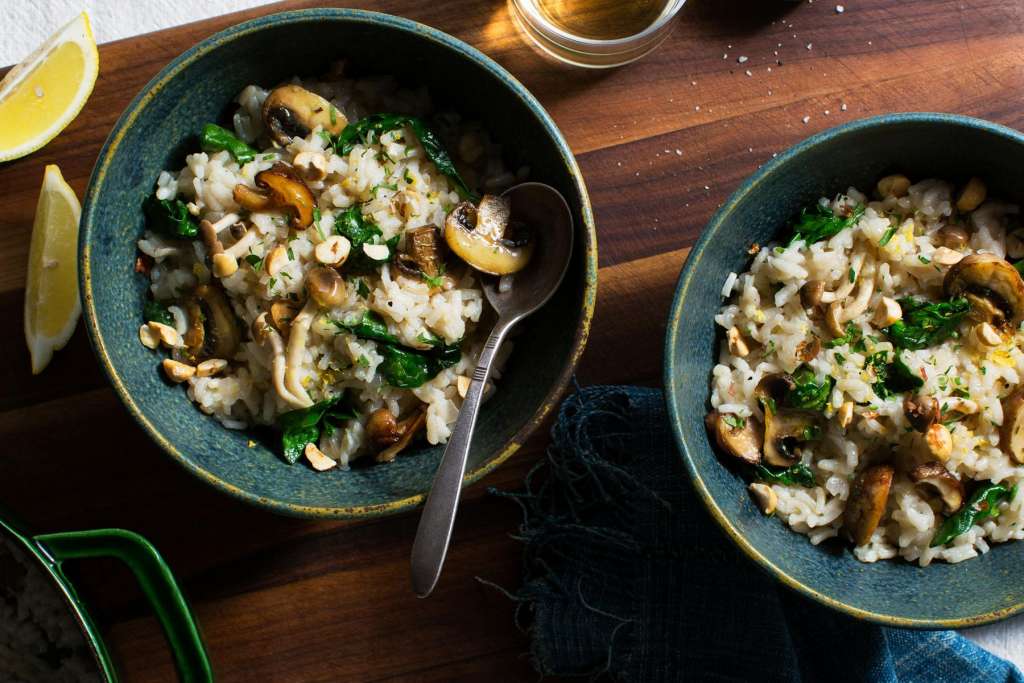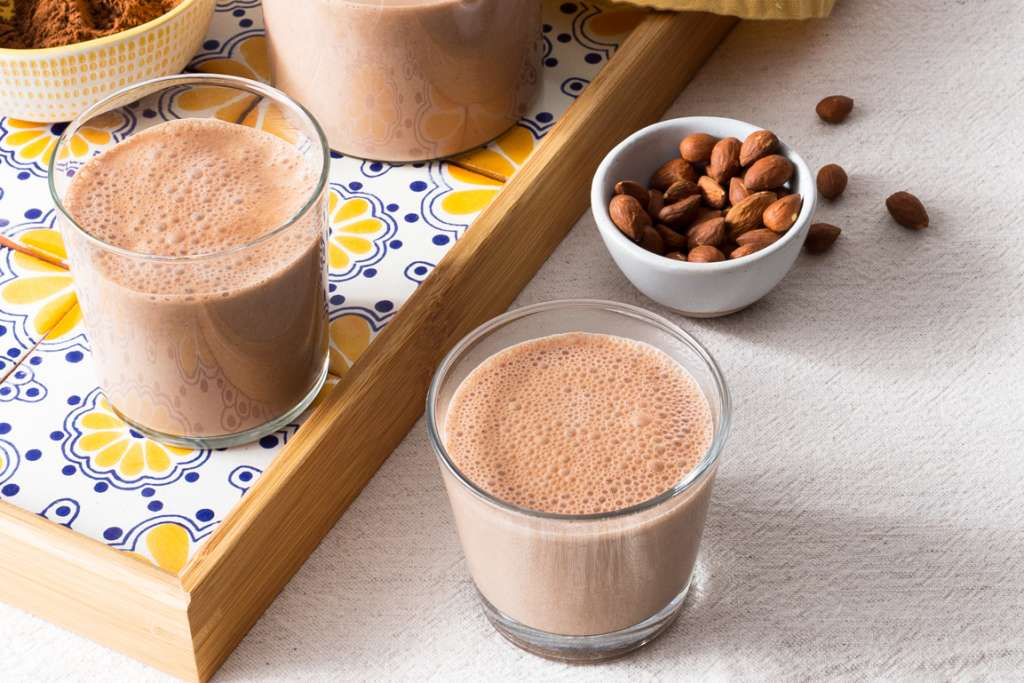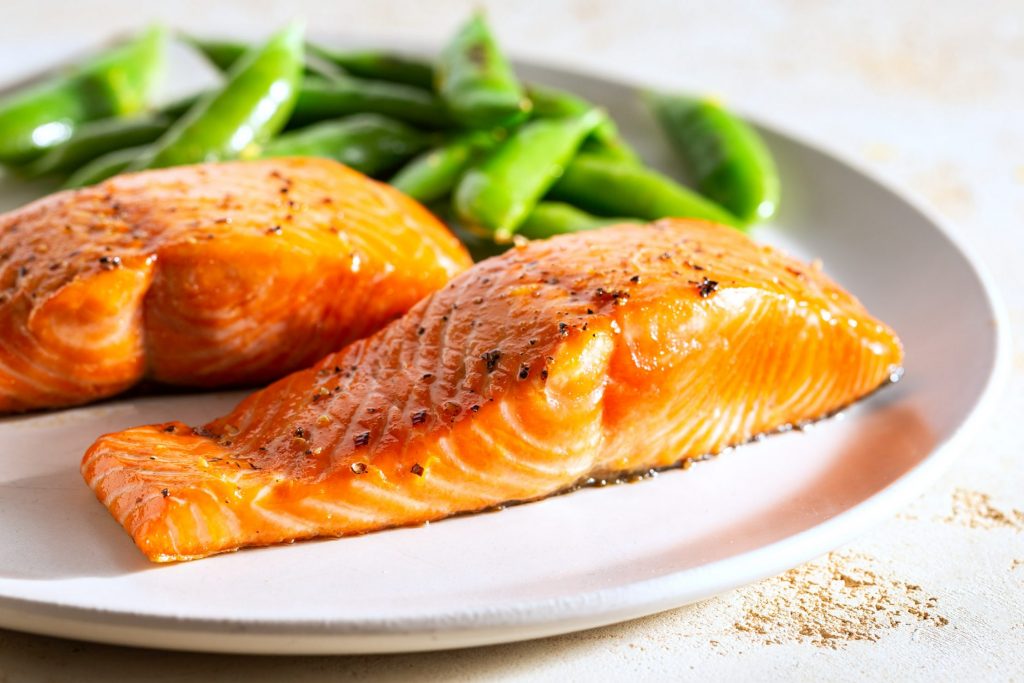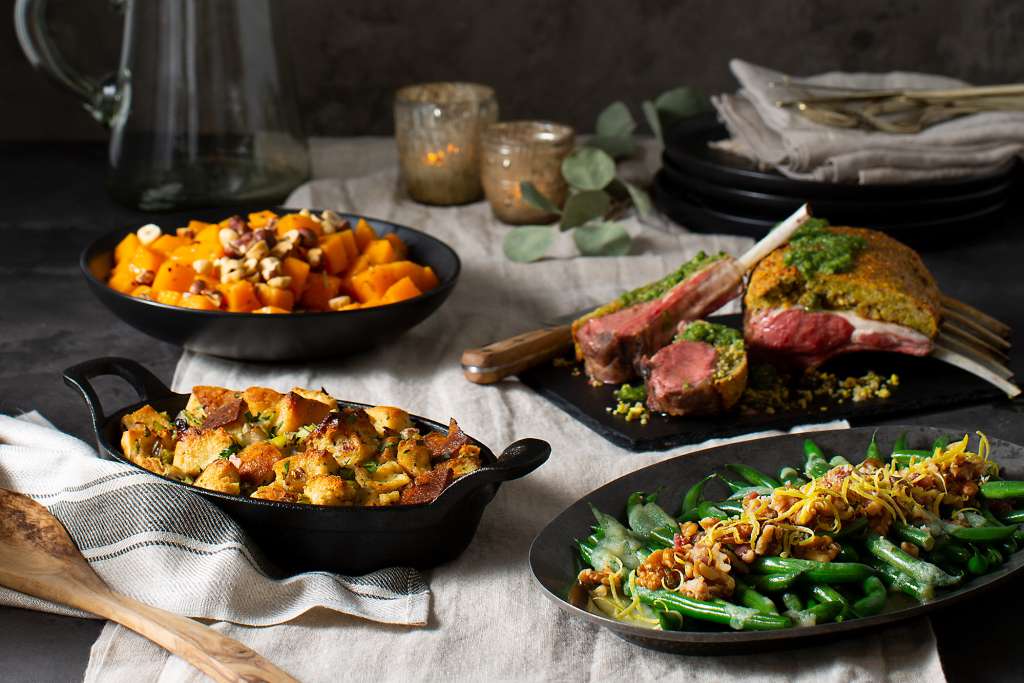Going Vegan: What You Need to Know

An entirely plant-based diet, when done right, can be higher in fiber and many nutrients, while lower in saturated fats and calories, than ones that include meat, eggs, and dairy. Once-in-awhile vegans and “chegans” (that’s a cheating vegan, the kind who makes exceptions for ice cream and bacon, we’re cool with it) all benefit from plant-only meals. The “reducetarian” and “flexitarian” movements include people wanting to decrease their consumption of meat, dairy, and eggs, but aren’t quite ready for an ‘all-or-nothing’ diet. Choosing to be vegan even occasionally can make a difference. Just swap smart: giving up chicken for garlic-fries may not have the desired effect.
Sun Basket’s registered dietitian Kaley Todd breaks down the benefits of eating a plant-based diet.
When you commit to eating only plants, even for just a few meals each week, you’ll enjoy:
- Decreased risk of diabetes, heart disease, and cancer.
- Weight loss. Research shows that vegans tend to have a lower body mass index (BMI) than non-vegans.
- A reduced impact on the environment.
You also need to know that when you give up animal products you may miss out on important micronutrients including calcium, vitamin D, iron, vitamin B12, zinc, and omega-3 fatty acids. Load your plate with protein-powered vegetables like broccoli and spinach to make sure you get a complete range of nutrients.









